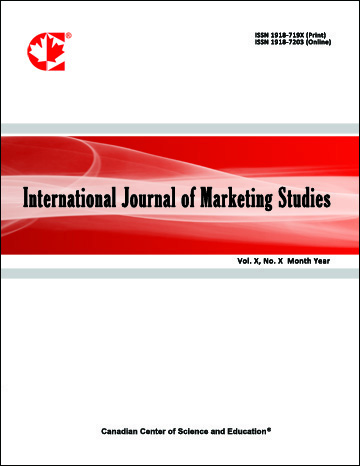The Drawbacks of the Digital Transition of Marketing Research: Implications for Decision Makers and the Industry
- Alessandro Gandolfo
Abstract
The primary aim of this paper is to draw practitioners’ attention to lesser-known risks of digital marketing research: while it enables quick and low-cost results, quality and reliability are not guaranteed. The paper also surfaces broader consequences of transitioning from traditional research, based on offline investigations and face-to-face interviews carried out by professionals, to digital research.
The paper presents the results of a survey on a cohort of 200 freelance interviewers working for Italy’s main research institutions, conducted through a self-administered questionnaire. Recently online marketing research, especially through panels, has gained meaningful traction. As demand for traditional marketing research contracts, professional interviewers are experiencing a material drop in requests for their in-field services and a worsening working environment. In return, this affects the quality of on field research they can provide. This is the first study, to the best of the author’s knowledge, where issues and limitations of digital research are studied from the perspective of professional interviewers.
This study enables managers and organisations that commission marketing research to make more informed decisions when facing the trade-offs between traditional and digital methods. Furthermore, it provides a view on how such choices may impact the future of professional interviewers and their services.
- Full Text:
 PDF
PDF
- DOI:10.5539/ijms.v13n3p9
Journal Metrics
Google-based Impact Factor (2021): 1.34
h-index (July 2022): 70
i10-index (July 2022): 373
Index
- Academic Journals Database
- CNKI Scholar
- EconBiz
- Electronic Journals Library
- Excellence in Research for Australia (ERA)
- GETIT@YALE (Yale University Library)
- Harvard Library
- IBZ Online
- Infotrieve
- JournalTOCs
- LOCKSS
- MIAR
- PKP Open Archives Harvester
- RePEc
- ResearchGate
- ROAD
- Scilit
- SHERPA/RoMEO
- Stanford Libraries
- UCR Library
Contact
- Alyssa SunEditorial Assistant
- ijms@ccsenet.org
